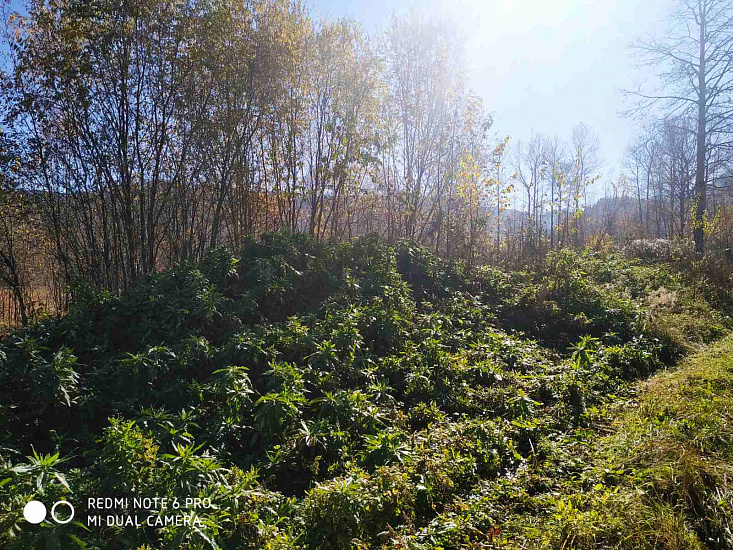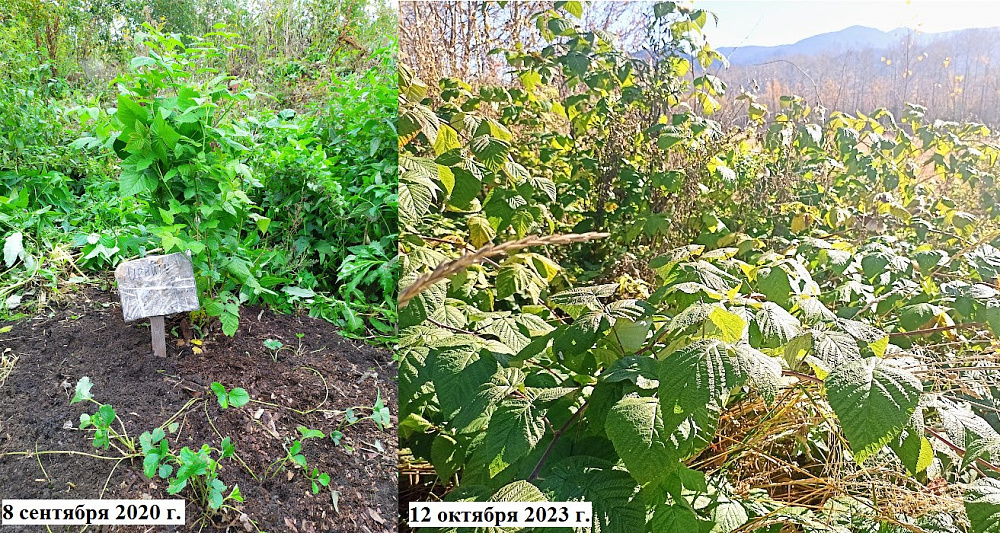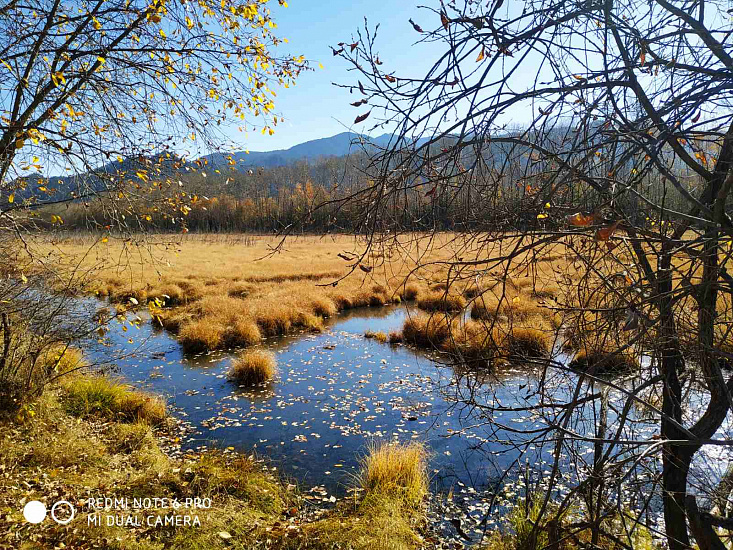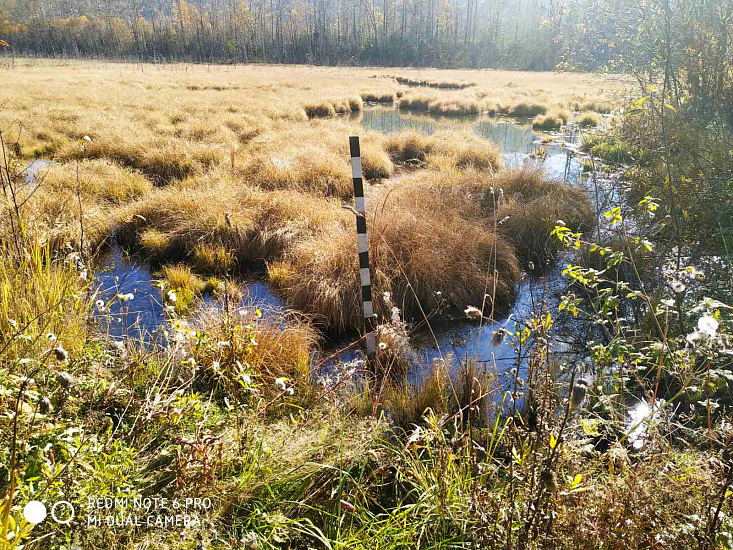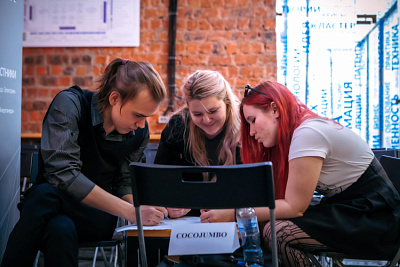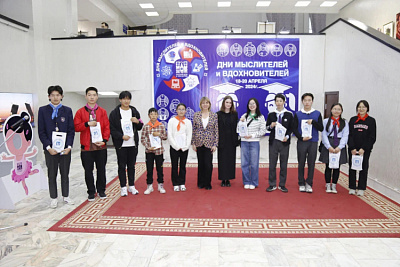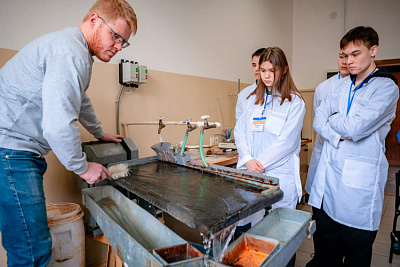No Toxic Substances Found by INRTU Scientists in Raspberries Grown on Soil from Frozen Waste from the Closed Baikalsk Pulp Mill
INRTU researcher Anastasia Shatrova, Doctoral Student of the Department of Mineral Processing and Environmental Protection named after S.B. Leonov and Andrei Bogdanov, Head of the Laboratory of Environmental Monitoring of Natural and Anthropogenic Environments, continue the experimental and industrial tests to study the recultivation zone at the Solzanskaya industrial site of the former Baikalsk Pulp and Paper Mill.
The research carried out by the department staff has been guided by Professor Konstantin Fedotov since 2019.
According to doctoral student Anastasia Shatrova, within the first year of research soil plots from frozen colloidal sediments of sludge lignin from the Baikalsk Pulp Mill were formed. In those plots the researchers planted green manure plants used as natural fertilizer.
During the five vegetation periods (2019-2023), the IRNITU employees studied the dynamics of reclamation succession on the obtained soil. The scientists note that at research objects in the area of the Solzanskaya industrial site of the closed Baikalsk Pulp and Paper Mill show an active self-overgrowth process.
“We observed how the species diversity of both phytocenoses (from mosses in the beginning of the experiment to shrubs and trees) and biocenoses (earthworms, snails, insects and other organisms inhabiting the relatively homogeneous living space) changed and increased. At the same time, the chemical and agrochemical composition of frozen lignin-containing sludge dumps and soil on their basis became stabilized. Now we can talk about the possibility of application of the researched wastes of Baikalsk Pulp Mill as a material for technical recultivation of disturbed lands and as soil for biological recultivation (as per GOST 54534-2011 ‘Resource saving. Sewage sludge. Requirements for recultivation of disturbed lands’). In 2020 we planted raspberries and strawberries in the obtained soil. When we attended this October the experimental plots, we saw that the raspberries had grown intensively over the whole area. Their fruits and leaves were carefully studied. No excess of toxic substances in raspberries was recorded," said Anastasia Shatrova.As previously reported, in 2023 the INRTU scientists received and patented the organo-mineral substrate on the basis of frozen sediments.
This special soil is introduced to to intensify reclamation succession in disturbed lands contaminated with heavy metals in the amount of 30 t/ha (as per GOST R 54651-2011 ‘Organic Fertilisers Based on Sewage Sludge. Technical Conditions’). The ratio of frozen sludge sludge-lignin and ash from wood fuel combustion is optimal (1:0.05). The soil contains the necessary amount of nutrients for plants (organic matter, potassium, phosphorus, nitrogen) and foe immobilization of heavy metals.
Anastasia Shatrova noted that the laboratory team continues to test the technology of reclamation of lands contaminated with heavy metals using the frozen sediments of sludge lignin from the Baikalsk Pulp Mill, using the example of the former Vostsibelement battery plant.
Photos by Anastasia Shatrova
